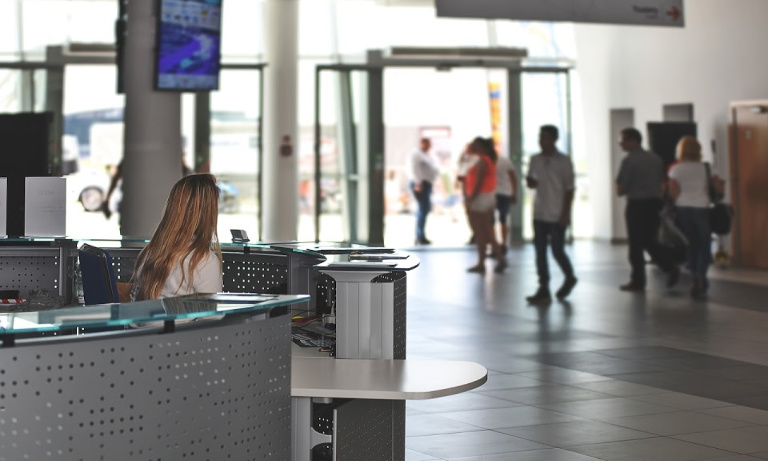
From building client relationships to supporting personal development and recruitment initiatives, business travel plays a vital role in many industries. With vaccine hope on the horizon and domestic restrictions easing, many companies will be booking in their next trips as soon as possible.
Some travel managers might have files of tried and trusted hotels in certain locations. But with how we travel and work constantly evolving, others will be keen to explore different options too – like serviced apartments.
Say you have a series of meetings to attend in the capital this summer. Would serviced apartments in London meet the brief, or is a hotel still your best option? Below we compare the pros and cons of each for business travellers.
Flexibility
In some ways a serviced apartment is similar in scope to a penthouse hotel suite. But having a full apartment at your disposal offers greater flexibility than you might find with a more typical hotel room.
Instead of working or watching TV in bed or eating at a cramped side table, for example, you’ll have separate areas for work, relaxing and even cooking if need be.
Privacy
After a busy day’s work surrounded by new people, sometimes you’ll want nothing more than to switch off and unwind. Hotels and apartments are almost tied when it comes to privacy. But much like holiday rentals, apartments offer slightly more of a home-away-from-home feel.
You’ll hear less noise from corridors and nearby rooms, while cleaning schedules can be designed to suit your preferences, rather than becoming a daily intrusion.
Comfort
Having comfortable accommodation to rest in helps us to feel and perform at our best. Again, this one is close, as many hotel beds are enormous, with relaxing showers and baths too. But comfort means more than sleeping and bathing.
The extra space to stretch out, work and so on can have a subconsciously calming effect. Being able to control what and when you eat with your own kitchen facilities will also be a big perk for some travellers.
Cost
Hotels are usually cheaper than serviced apartments for short, basic stays. But for extended trips or multiple employees, booking an apartment can work out more cost effective. VAT drops from 20% to 4% after 28 nights, offering significant savings, while apartments can have as many as four bedrooms.
And while some restaurant visits may be necessary when entertaining clients, teams can also save on breakfasts and evening meals by using kitchen facilities to cook.
Could a serviced apartment better meet your business travel requirements?





